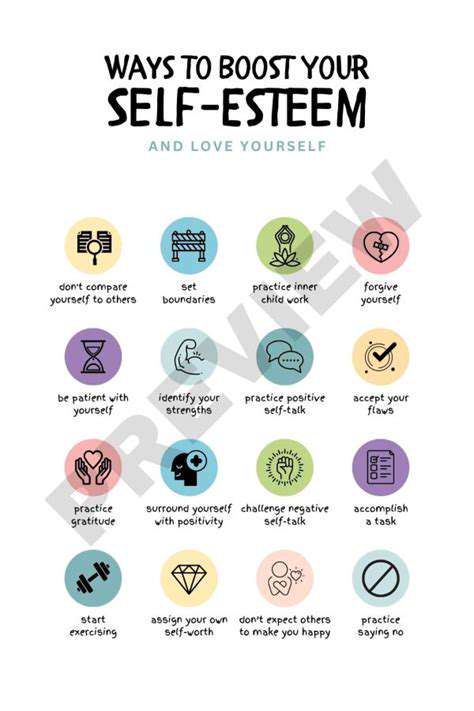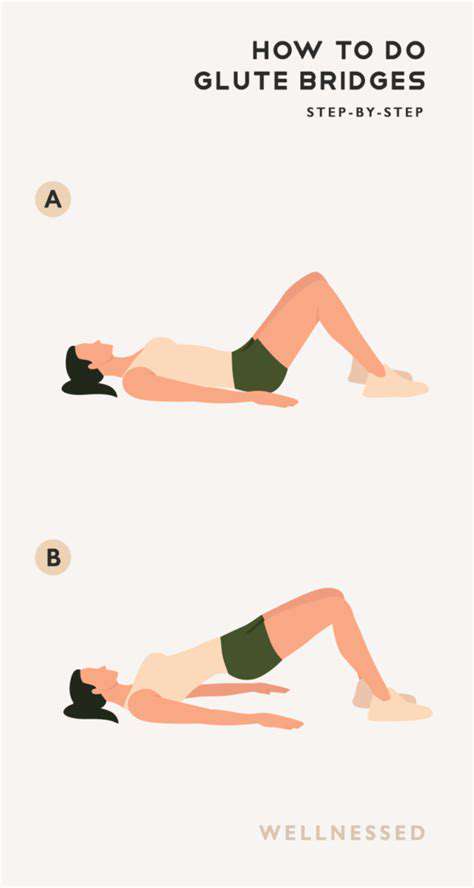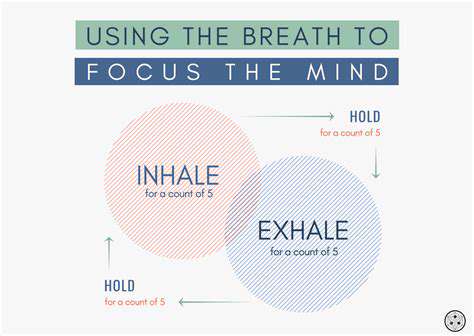Guide to Heart Health for Women [Unique Risks & Prevention]
Psychological factors frequently get overlooked in cardiac assessments, yet chronic stress, anxiety, and depression substantially elevate cardiovascular risk. Incorporating mindfulness practices, fostering social connections, and seeking professional support when needed creates a holistic defense against heart disease. True cardiac care must address both the physical and emotional dimensions of health.

Lifestyle Choices for a Healthy Heart
Nutrition for a Healthy Heart
Building heart-healthy eating patterns begins with prioritizing whole, minimally processed foods. Vibrant fruits and vegetables deliver essential phytonutrients, while omega-3 rich fish like salmon combat inflammation. Smart fat selection—opting for avocados, nuts, and olive oil—helps optimize cholesterol profiles. Becoming label-savvy empowers women to make informed choices that protect their cardiovascular system meal by meal.
Portion awareness prevents calorie creep, while strategic meal timing maintains steady energy levels. Consider incorporating fermented foods for gut health, which emerging research links to cardiovascular benefits. Hydration with pure water—not sugary alternatives—completes this nutritional foundation.
Physical Activity and Stress Management
Movement matters profoundly for cardiac fitness. The sweet spot lies in 150 weekly minutes of moderate activity—perhaps brisk walking with friends or cycling through scenic routes. Consistency trumps intensity; finding enjoyable activities ensures long-term adherence. Complement aerobic exercise with strength training to build metabolic resilience.
Stress reduction deserves equal priority. Whether through meditation, forest bathing, or creative pursuits, developing healthy coping mechanisms buffers against stress-induced cardiovascular damage. Quality sleep and clear work-life boundaries further fortify this protective barrier.
Sleep and Hydration for Optimal Heart Health
Seven to nine hours of quality sleep nightly allows crucial cardiovascular repair. Sleep deficiency disrupts blood pressure regulation and metabolic processes—two key heart disease pathways. Crafting a relaxing pre-bed routine and maintaining consistent sleep-wake cycles enhances sleep quality.
Hydration supports every cardiovascular function, from nutrient transport to waste removal. Carrying a reusable water bottle serves as both practical tool and visual reminder. Limiting dehydrating beverages like alcohol preserves this delicate fluid balance essential for peak cardiac performance.
Beyond the Basics: Addressing Specific Concerns

Beyond the Fundamentals of Speech Recognition
Modern speech technology has transcended its primitive origins, now comprehending conversational nuances with remarkable accuracy. This quantum leap stems from deep learning architectures that parse linguistic subtleties—from regional accents to emotional undertones. Contemporary systems analyze entire dialogue contexts rather than isolated words, enabling sophisticated applications like real-time translation and voice-controlled environments.
The Impact of Contextual Understanding
True speech intelligence requires grasping situational context—the invisible framework shaping every conversation. Advanced systems now recognize whether discussions involve medical consultations or casual chats, adjusting interpretations accordingly. This contextual awareness emerges from exposure to vast, diverse training datasets paired with sophisticated pattern recognition algorithms.
Addressing Challenges in Real-World Applications
Despite impressive advances, real-world implementation hurdles persist. Background noise in crowded spaces, thick regional accents, and overlapping speech continue testing system limits. Cutting-edge solutions combine noise-cancellation algorithms with accent-adaptive learning models, progressively improving performance across diverse environments. Ongoing collection of global speech samples further refines these capabilities.
The Future of Speech Recognition
The horizon glows with potential as speech technology converges with natural language processing. Tomorrow's systems will likely interpret tone, intent, and emotional subtext with human-like sensitivity. This evolution promises revolutionary interfaces—from healthcare diagnostics to educational tools—making technology more intuitive and accessible across all demographics.




![Best Books on Mental Health and Well being [Recommended Reads]](/static/images/26/2025-05/CultivatingSelf-CompassionandPositiveSelf-Talk.jpg)




![Best Snacks for Diabetics [Approved List]](/static/images/26/2025-05/HealthyFatsandComplexCarbohydrates.jpg)

